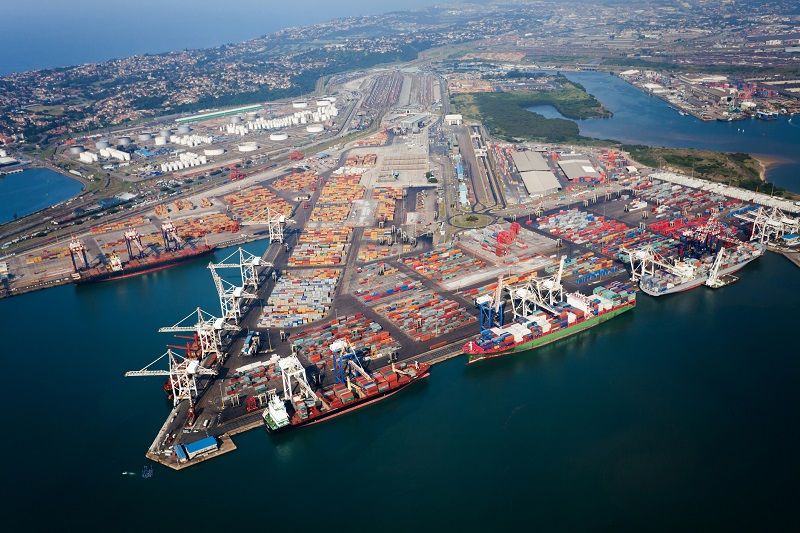Importing goods into Zimbabwe is a formalized process for registered entities. The Customs and Excise Department of the Zimbabwe Revenue Authority (ZIMRA) is the entity that is responsible for implementing all the decrees issued by the country's ministries and governmental institutions, which concern genuine trade, collecting revenue, controls against illegal trade and smuggling. The Customs and Excise Department is present at every border post. To clear imports into Zimbabwe, you will need:
- Bill of Entry (Form 21)
- Suppliers' invoices
- Export or Transit Bill of Entry from the country of export (where applicable)
- Bill of Lading (where applicable)
- Value Declaration Forms
- Rail Advice Note
- Air Waybill (AWB) (where applicable)
- Freight statements
- Cargo manifests
- Insurance Statement
- Port Charges Invoices (where applicable)
- Agent / Importer's Worksheet
- Original Permits, Licences, Duty-Free Certificates, Rebate Letters, Value Rulings (where applicable)
- Tax clearance certificate (ITF 263)
An importer without a tax clearance certificate (ITF 263) will pay an additional Informal Cross Border Trader's Tax of 10% of the value for the imported goods.
There are small border traders who import goods from neighboring countries, and further afield, the popular nations are South Africa, Botswana, Zambia, and Dubai. The small border traders are mainly informal; they are not registered and evade paying full taxes. Although they may seem like a pariah, they provide an essential supply service to small businesses in Zimbabwe. It is a more productive form of employment in a nation with high unemployment.

Zimbabwe has multiple trade agreements that lower or eliminates duties on goods and services. To qualify, an importer has to produce a certificate of origin to show the products are eligible for example any of the following agreements:
- COMESA
- SADC
- Zimbabwe-Malawi Trade Agreement
- Zimbabwe-Botswana Trade Agreement
- Zimbabwe – Mozambique Trade Agreement
- Zimbabwe- South Africa Trade Agreement
- Zimbabwe-Namibia Trade Agreement
Charitable organizations may import goods into Zimbabwe, and get a rebate for those goods. To get a refund, Zimbabwean organizations must initially produce the following:
- Application letter stating the types of goods and the purpose for which they will be used
- Private Voluntary Organisation (PVO) certificate issued by the Ministry of Welfare
- Particulars of goods and evidence of donation
- Proof of purchase by the donor; to include freight up to Zimbabwe border
- Proof of the organization's constitution or memorandum of association
- Proof of physical address
- Public Officer's details
- Title deeds or long term lease agreement for the premises from which the organization is operating from
- Copies of IDs from two responsible people within the organization
- Copy of current tax clearance certificate
The documents above should be handed in by one of the two people in the organization mentioned in (9). They will be required to submit a declaration stating that the above declarations are true and accurate. The importation of motor vehicles, new clothing, new linen, and new footwear is not permissible under the rebate. After handing in those documents for the first time, they will only need to hand 1, 2, 3, 4, and 10, and submit the declaration after that.
Learn More with EXIMA
EXIMA is here to help make your entrance into the world of international business and trade smooth and easy. Sign up to be a part of our association today and join our network of trade experts!









